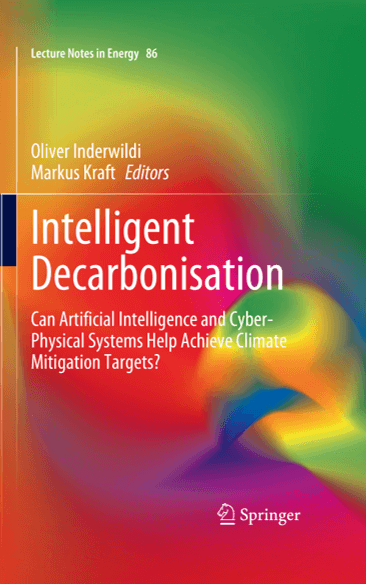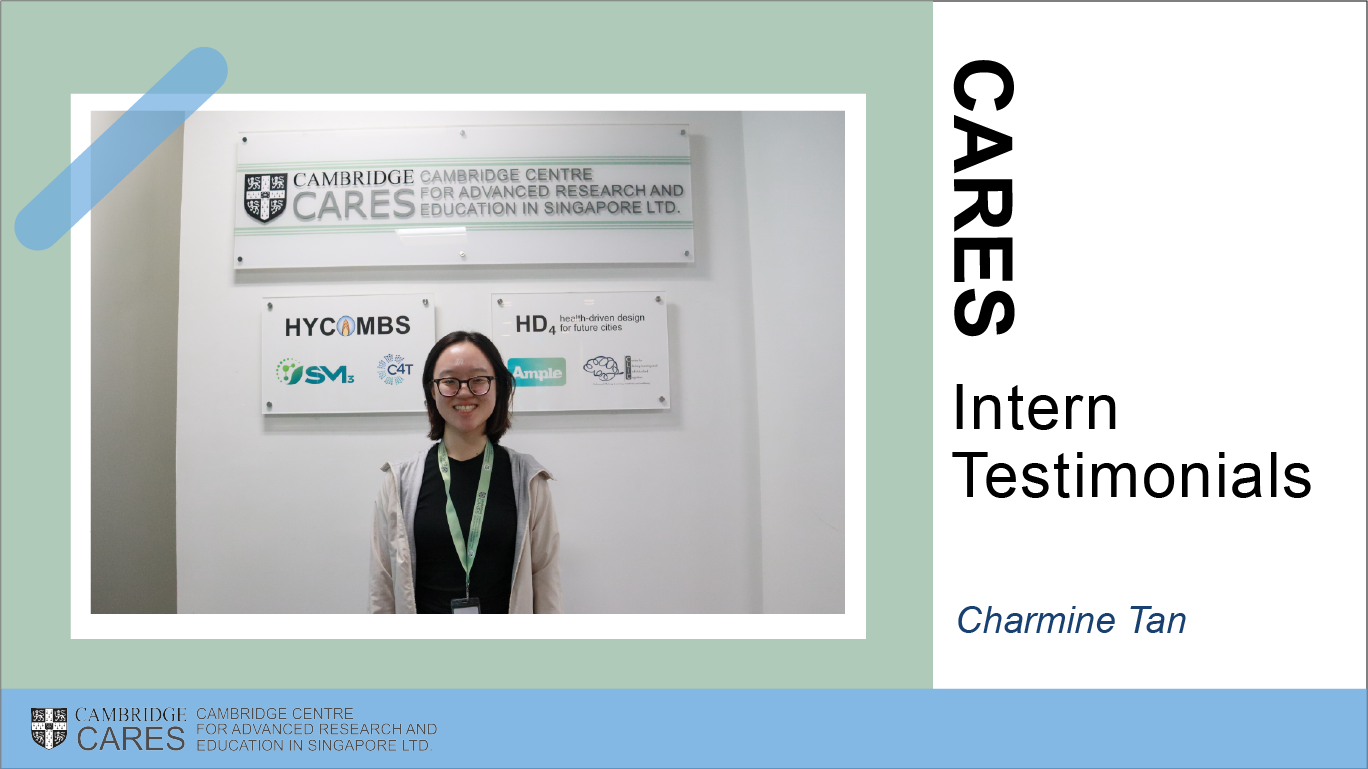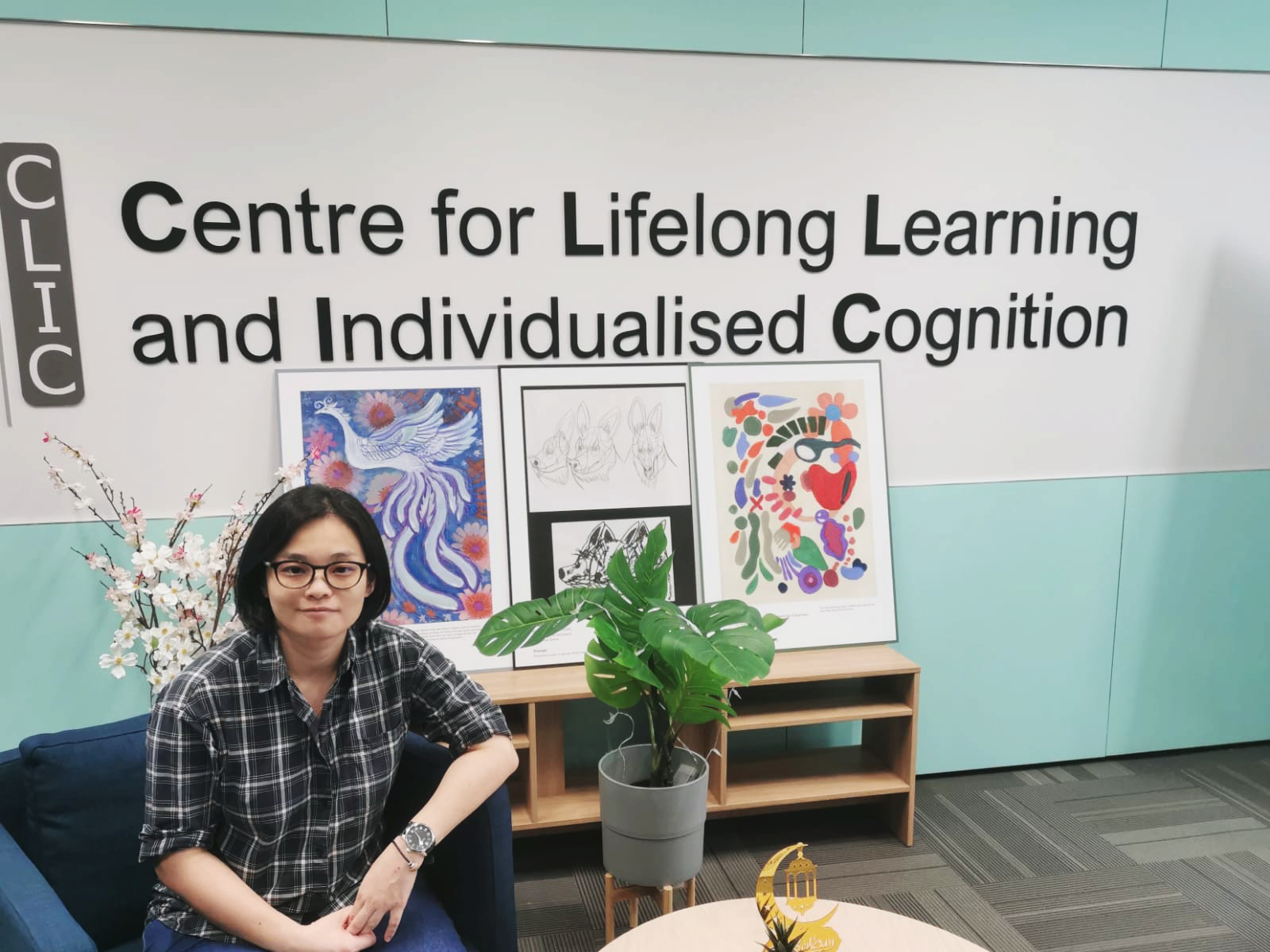Humanity is facing two existential threats. The first: uncontrolled CO2 emissions irreversibly changing the climate. The second: a hostile artificial intelligence (AI) becoming the dominant form of intelligence on Earth. But while the situation may appear bleak, fortunately, this two-pronged crisis also presents an unprecedented opportunity.
 Intelligent Decarbonisation – a new book bringing together world-renowned experts from the fields of science, law, finance, industry, and government – shows that a combination of digital technologies with AI can curb humanity’s CO2 emissions. This is the key to easing climate change and the existential threat it poses. Intelligent Decarbonisation then goes one step further. By acknowledging such digital technologies and AI could also pose existential threats to humanity, it shows how to maximise their economic and environmental use, while minimising the risks they inherently introduce.
Intelligent Decarbonisation – a new book bringing together world-renowned experts from the fields of science, law, finance, industry, and government – shows that a combination of digital technologies with AI can curb humanity’s CO2 emissions. This is the key to easing climate change and the existential threat it poses. Intelligent Decarbonisation then goes one step further. By acknowledging such digital technologies and AI could also pose existential threats to humanity, it shows how to maximise their economic and environmental use, while minimising the risks they inherently introduce.
Edited and co-authored by Professor Markus Kraft and Dr Oliver Inderwildi, from the University of Cambridge Centre for Advanced Research and Education in Singapore (Cambridge CARES), Intelligent Decarbonation is unlike any other book on this topic, in both its scope and collection of thought-leaders offering insights.
“Intelligent Decarbonisation aims to get to the bottom of two critically important fields, using an innovative approach with original research, expert comments from academia, industry and think tanks. Key findings are visualised in infographics making the book the go-to resource for practitioners in the field,” said Dr Inderwildi.
Using AI to achieve ambitious climate mitigation targets
The core idea of the book is to assess how AI and cyber-physical systems (CPS) – digital technologies where the physical and software components are deeply intertwined – can help humankind to overcome its most complex and most pressing challenge: climate change.
“The transformational potential of cyber-physical systems, especially when combined with artificial intelligence, is difficult to predict. Cambridge CARES is dedicated to developing cutting-edge technology that directs economic development onto a sustainable pathway. Our latest book critically assesses the associated threats and opportunities,” explained Professor Kraft.
As such, the book is divided into four parts – Technology, Impact, Implications and Incubation – moving clearly from the theoretical and technical to the real-world effects and areas for future development. It also presents insights into the economic and environmental transformation fostered by digital technologies.
It brings together work from private and public sector professionals, academics and think tank experts, and comprehensively examines the topic, highlighting new information to policymakers, researchers and industry professionals alike.
A timely and relevant resource
The book is published by the prestigious academic publishing company Springer. Anthony Doyle, Executive Editor of Engineering at Springer said, “We are delighted to have worked with Cambridge CARES to publish a book addressing one of the most pressing challenges facing humankind with the most advanced technology. Intelligent Decarbonisation will greatly contribute to the discussion of climate targets and their achievement.”
Case studies from Singapore are given prominence in the book as the city-state is at particular risk from the effects of climate change. Sea level rise and unpredictable weather could easily impact Singapore’s water resources, global food supplies, and public health in the future.
As such, large public investment has seen the quality of scientific research in Singapore rise to the highest level. Part of this rise can be attributed to the unique international research collaboration model in CREATE (Campus for Research Excellence and Technological Enterprise). CREATE gathers the world’s best research institutions and universities to work together on problems that affect Singapore and the world, at a scale that has the potential to deliver impact.
It is this potential that Intelligent Decarbonisation explores and promotes. “The climate change crisis is real. The critical role of decarbonisation is indisputable. Finding sustainable paths to decarbonisation is urgent. There have been dramatic advancements in the Digital Age and AI, with the Covid pandemic acting as an accelerator of digitalisation, and AI, a yet to be fully exploited tool. It is thus timely that the CREATE community led by Cambridge CARES is examining how AI and digitalisation can support the decarbonisation process, which could point the way towards globally impactful work on intelligent decarbonisation strategies,” said Dr Lim Khiang Wee, Executive Director of CREATE.
Intelligent Decarbonisation illustrates the potential of digitalisation not just through scientific articles but also through interviews with experts in the areas of decarbonisation and artificial intelligence. Challenges of cybersecurity, legal, and governance issues are also addressed to accompany the technologies described. For the first time, Intelligent Decarbonisation brings these perspectives and projects together in a comprehensive and accessible format.
The research carried out at Cambridge CARES is supported by the National Research Foundation, Prime Minister’s Office, Singapore, under its Campus for Research Excellence and Technological Enterprise (CREATE) programme. CREATE is an international collaboratory housing research centres set up by top universities. At CREATE, researchers from diverse disciplines and backgrounds work closely together to perform cutting-edge research in strategic areas of interest, for translation into practical applications leading to positive economic and societal outcomes for Singapore. The interdisciplinary research centres at CREATE focus on four areas of interdisciplinary thematic areas of research, namely human systems, energy systems, environmental systems and urban systems.


